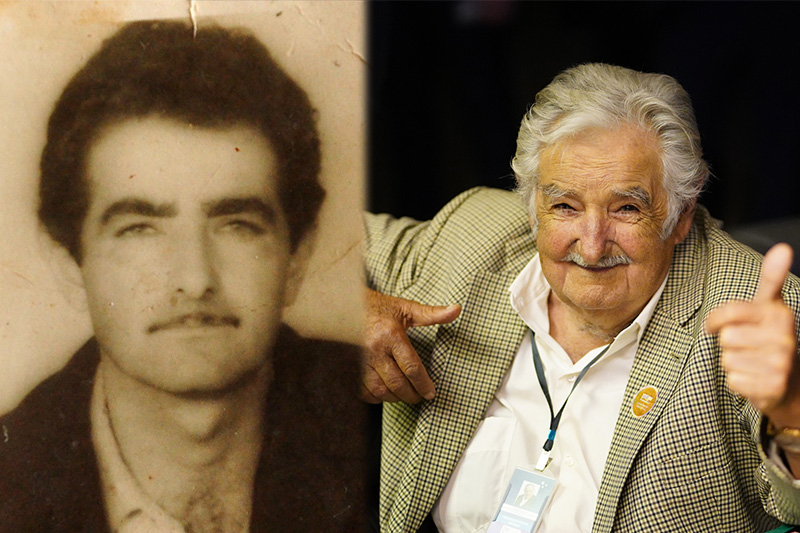
In a continent marked by ideological conflicts and deep wounds, the figure of José Mujica stands as a living testimony of reconciliation. Like Nelson Mandela in South Africa, Mujica suffered imprisonment, torture and humiliation from his jailers. However, when he joined civilian life and managed to achieve power through the ballot box, he did not seek revenge, but justice. He did not raise his fist, but his word. And he did not appeal to resentment, but to understanding.
Mujica spent more than a decade in prison, from 1972 to 1985; a good part of those years he was held during the Uruguayan dictatorship, in brutal conditions that would have broken anyone. He was an isolated political prisoner, incommunicado, buried alive in his cell, with no access to information and communication other than with his military captors. But when he returned to political life, he did so not with hatred, but with serenity. He never sought revenge for what was done to him. He never used his suffering as a tool of division to win votes. His vision was different: to build a fairer country for all.
Like Mandela, Mujica understood that a country does not rise on resentment, but on forgiveness. Both leaders shared a history of resistance, imprisonment and profound spiritual transformation. Upon his release from prison, Mandela preached peace; Mujica, too. While others saw enemies, they saw compatriots.
Both understood that the true revolution is not the one made with weapons, but the one that transforms the soul of a nation.
An ethic of humility
Mujica was president of Uruguay between 2010 and 2015, and his government was characterized by an ethical vision of power. He renounced luxuries, donated his salary, lived on his farm and remained true to his values. In his speeches he did not speak of revenge, but of freedom, tolerance and coexistence. In his legacy there are no hatreds, only teachings.
A symbol for Latin America
In a region accustomed to caudillos, authoritarianism and ideological divisions, José Mujica was a luminous anomaly. He showed that it is possible to have been a combatant and then a peace builder. That it is possible to have been on the brink of the abyss and still reach out to others.
His message is more urgent today than ever: there is no future without dialogue, no justice without compassion and no real democracy without humility. We are left with the democrat Mujica, the one who criticized the dictatorships of Venezuela and Nicaragua, denouncing the farce of the Venezuelan elections.